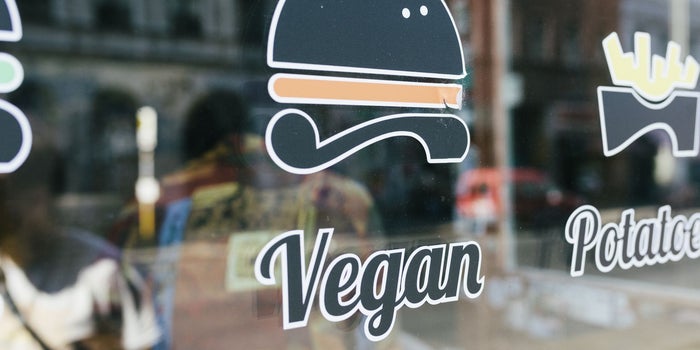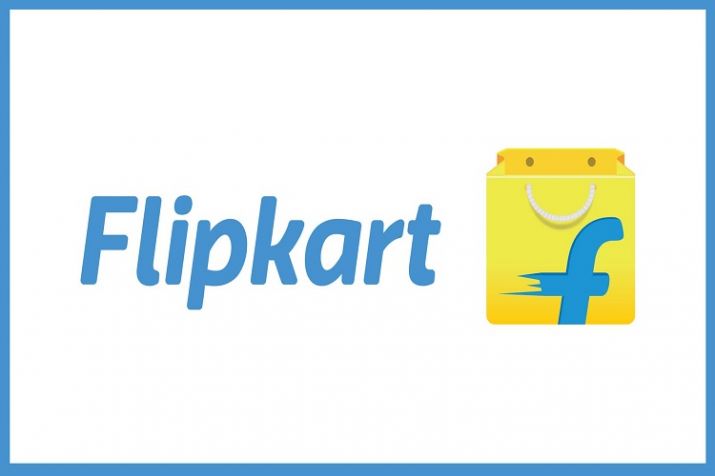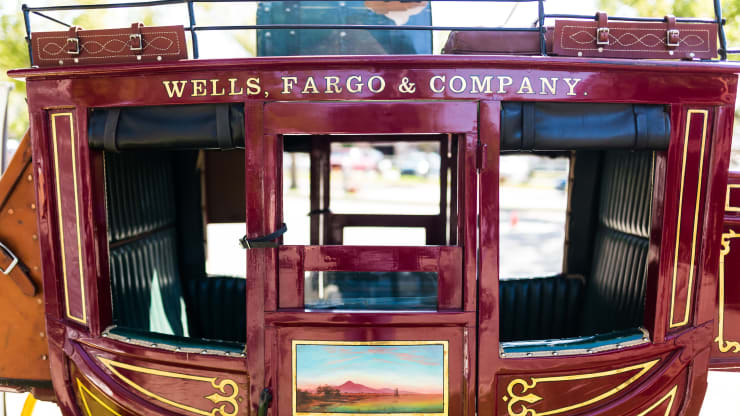By Suneera Tandon, Kalpana Pathak
2 min read . Updated: 27 Jan 2020, 11:36 PM IST
NEW DELHI/MUMBAI : When the world’s richest man, Jeff Bezos, donned the hat of a delivery agent at a kirana store in Mumbai earlier this month, he was sending out a message: the mom-and-pop store is here to stay.
That explains Bezos’ decision to invest $1 billion to bring 10 million small and medium businesses online. “Amazon partners with thousands of kirana stores all over India as delivery points. It’s good for customers, and it helps shop owners earn additional income. Got to visit one in Mumbai. Thank you, Amol, for letting me deliver a package,” Bezos had posted on Twitter on 18 January.
Amazon is following in the footsteps of rival, Flipkart (owned by Walmart Inc.), and Reliance Retail Ltd, which has recently piloted its online venture JioMart.
“To become a successful online retailer, one would need to invest in delivery capabilities across formats. That is one of the reasons Flipkart and Reliance Retail plan to connect millions of kirana stores to their network and now Amazon joins the ranks. However, one has to be mindful that kirana store owners are not technology savvy and still prefer to do business the traditional way. Bringing them on board will need a lot of training,” an analyst with a domestic brokerage said, requesting anonymity.
Flipkart has been partnering with kirana stores since last year to scale up its last-mile reach. In September, Flipkart announced that it got 27,000 more kirana stores on-board to facilitate delivery.
Reliance Retail, which in 2019 announced plans to connect 30 million kirana stores with its own physical and digital infrastructure, went a step ahead by launching the Jio point of sale (PoS) machine to rope in local kirana store vendors and foolproof its distribution segment before formally launching JioMart.
Jio PoS is a hand-held device connected to Reliance Jio’s network and allows a retailer to accept payments. It also provides retailers the options of billing, procurement, inventory management, and generation of tax reports.
Tapping into mom-and-pop stores not only allows these retailers to avail of their services for delivery of goods, but also to use their shops to store parcels. A bulk of India’s retail trade happens through small mom-and-pop stores who sell everything from goods of daily use to vegetables and apparel.
The rest is split between large modern trade stores and e-commerce, which is swiftly gaining a larger share of consumer spends as cheap data and affordable smartphones help more Indians log on to the internet. With more and more people expected to shop online, companies and startups are now finding merit in developing small shopkeepers, effectively investing in India’s business-to-business market. Over the last few years, startups such as Udaan, ShopX, and ShopKirana have cemented their position in India’s retail business-to-business e-commerce market by digitizing small shopkeepers.
Some of these apps work as distributors or direct sellers of stock to small kiranas and earn a commission by offering them a range of services and tools.
As part of its investments, Amazon will expand the reach of Digital Haats in 100 cities, villages, and communities to help provide services such as e-commerce on-boarding, imaging and cataloguing, warehouse space for small businesses. Amazon will also expand its Amazon Easy programme where it enables kirana shops to set up kiosks to provide assistance to their customers in choosing the right product, placing an order on Amazon and earning a commission on the sales.

Let us bring the summary of the day’s most important news directly to you with our newsletters!
- GOLD
40,252 -100 (-0.25%)
- SILVER
45,490 -1445 (-3.08%)
- BSE SENSEX
40,966.86 -188.26 (-0.46%)
- NIFTY 50
12,055.8 -63.20 (-0.52%)
- NIFTY BANK
30,761.4 -76.00 (-0.25%)
- BSE MIDCAP
15,677.67 -81.34 (-0.52%)
- GOLD
40,252 -100 (-0.25%)
- SILVER
45,490 -1445 (-3.08%)
- BSE SENSEX
40,966.86 -188.26 (-0.46%)
- NIFTY 50
12,055.8 -63.20 (-0.52%)
Fear and loathing in India’s small factories
9 min read . 28 Jan 2020
- Coimbatore would have been an ideal location for a ‘Make in India’ push. Then, the slowdown changed everything
- Coimbatore’s small and medium units will be keenly watching the budget. However, short-term concessions may not help much in the absence of a long-term strategy to revive manufacturing. (READ MORE)

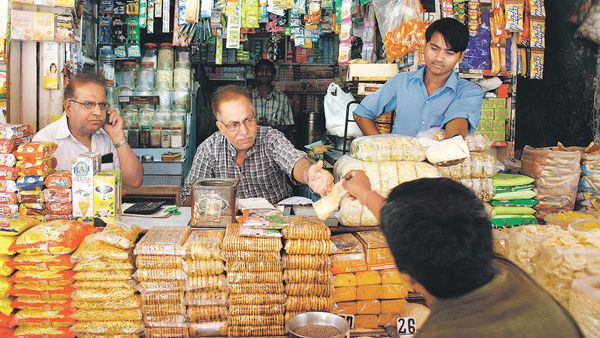
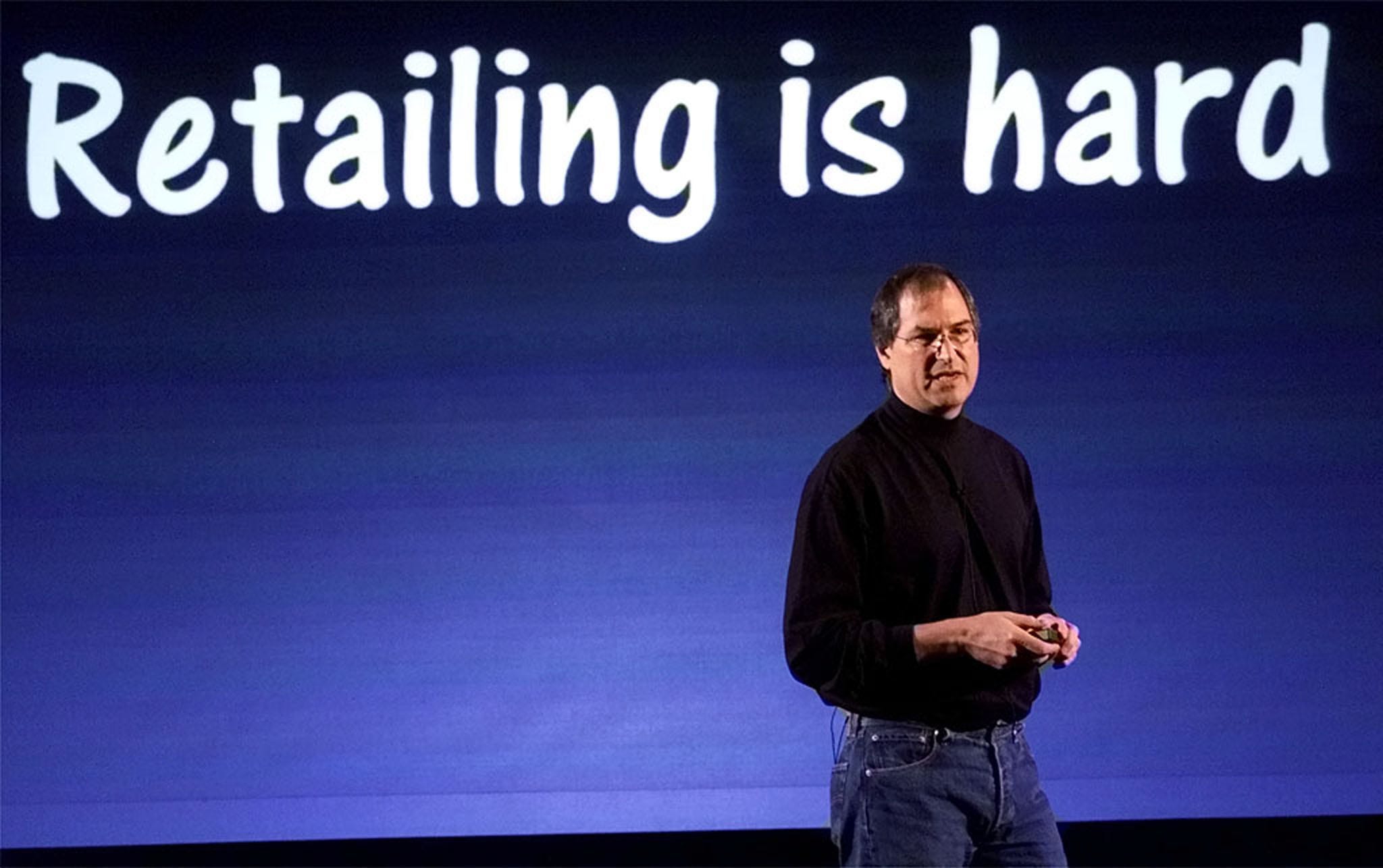
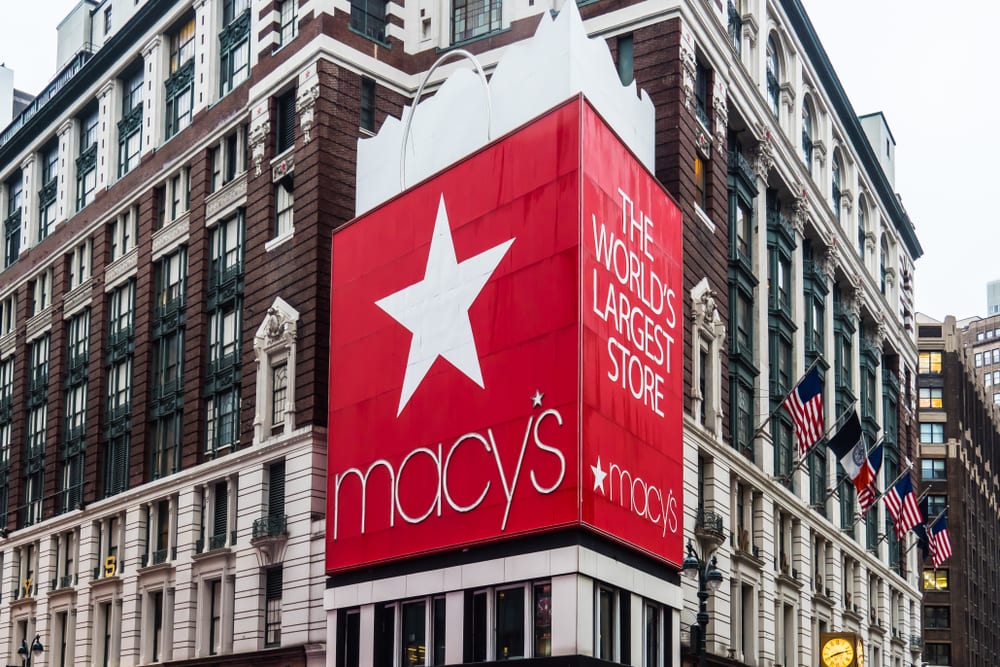
![[Funding Alert] Facebook, Others Back Edtech Start-Up Unacademy In $110 Mln Funding Round - deals in retail](https://dealsinretail.com/wp-content/uploads/2020/02/Funding-Alert-Facebook-Others-Back-Edtech-Start-Up-Unacademy-In-110-Mln-Funding-Round-deals-in-retail.jpeg)
